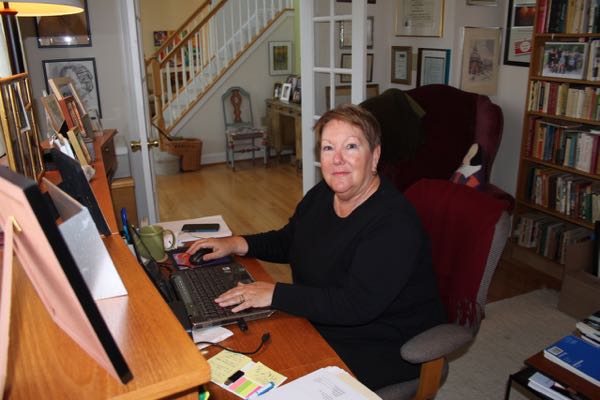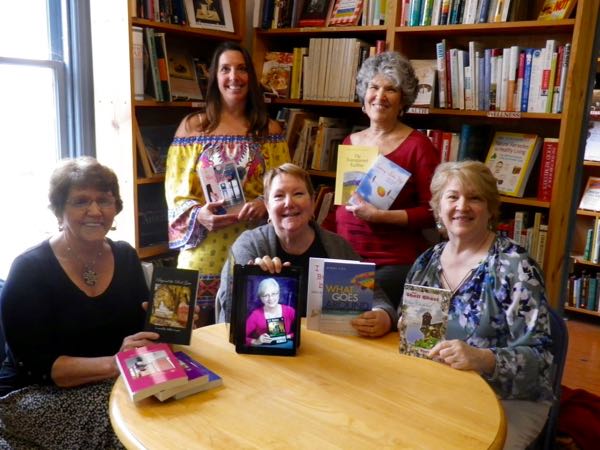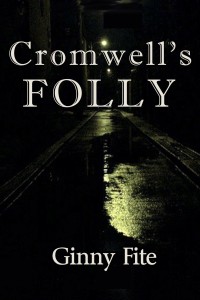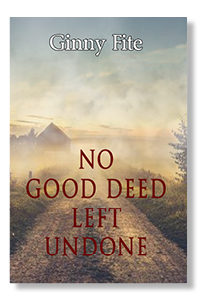Sitting for long periods of time puts a strain on my back, neck and legs.
Sometimes my hands cramp or my elbows tingle. My shoulders ache and my neck hurts.
I have the opposite of the munchies—if I’m really in the zone, I’ll go until 4:00 in the afternoon without eating anything.
I have to remind myself to stop and eat a yogurt or a piece of cheese and get a glass of water. Sometimes I cut up an apple or segment an orange so I can just pick up a piece and keep going. But I don’t like to break my concentration if I can help it.

Writers Can Benefit from the Bliss of a Foot Massager!
I tend to work in four-hour chunks and I prefer to do it in the morning, leaving all the other stuff related to getting a book out into readers’ hands until afternoon.
To mitigate the strain on my body, I have a little foot massager I keep under my desk and periodically I run my bare feet over it and stretch. I also interrupt myself with more frequency now and walk around the house a few times to get my circulation going.
But I want to stay in the zone so I don’t interrupt myself too much.
Rejections Freeze My Heart
For me, the biggest challenge is self-doubt, which is compounded with every less-than-glowing review or rejection from a literary journal or magazine.
My heart freezes and my breath comes in gasps. This happens every time, as if I’ve been physically attacked. If I linger in this feeling, I’ll stop writing.
Self-doubt occurs for every writer I know when they’re rejected. We’re just supposed to tack up our rejection letters on the wall and keep going.
But the experience of being rejected never gets easier, whether it’s an editor, an agent, or a publisher who says, “No not for us, sorry your project isn’t interesting, this doesn’t fit with what we do.” It doesn’t matter how kindly the rejection is phrased.
I reconsider everything I’ve ever written. I think, oh no, I don’t know what I’m doing. But I never think I should stop writing.
It’s writing that keeps me sane, after all.

The Worst They Can Do Is Say “No”
I give myself little pep-talks, what you might call affirmations, to recover.
I always remind myself of the note I got from a magazine editor decades ago the first time I sent in a few poems to be considered for commercial publication: “You have to have the hide of a rhinoceros to be a poet,” he said.
I was young. I cheerily wrote back that I had. What did I know? He published one poem, maybe because I was so brazen.
Somehow, that interaction set a precedent in my head. I take a deep breath, clear my head, and take the plunge. The agreement I made with myself is that I will keep putting my work out there, without knowing if it will be accepted or not.
I gear up to press the “Send” button, telling myself, “The worst they can do is say no.” I’ve come to accept that this is my process. Even if I’m only writing for myself, I’m still writing, which is, after all, the thing I love to do.
I also am part of a three groups of writers seriously working on their fiction. We share these experiences with each other to just get them out of our heads and then we move on.
Having a group of talented, creative people who understand you helps enormously in many ways.
I Didn’t Doubt I Could Write—
But Could I Make a Story Anyone Wanted to Read?
The first novel I wrote was rejected by more agents than I’m willing to remember. It took a long time to recover from that.
I finally tore it apart and used some of the material in short stories. I didn’t doubt that I could write, because all of the rejections said how beautiful the writing was, but I doubted I knew how to make a story that anyone wanted to read–which is the whole point of writing fiction. Otherwise you’d just keep a journal.
I went around thinking everything’s been written. There’s nothing new to say. There are no unique ideas left. It was a huge stumbling block.
I didn’t stop writing, however, and I read everything I could about writing from authors like Anne Lamott and Stephen King who were successfully reaching their audiences.
I also broadened the kind of fiction I read. I read a lot anyway, but I added best sellers—the thrillers, horror, love stories into the mix, just to see how those stories were put together. I began to realize there was nothing new under the sun and somehow that’s what gave me permission to add my two cents to the glittering pile of words out there.

That My Brain Works on the Story Without Me is Pure Delight
Writing is what I’m supposed to be doing. It is the way I identify myself.
No matter what has happened in my life I’ve always written. It helps to have some formal training and the discipline imposed by being a journalist where you write every day on deadline, but the drive to express myself in words has always been there.
The stories themselves call to me. I love waking up to the thought, “Oh, a dog comes to the door and knocks. That’s what happens next.” It’s a simple plot point but until that thought comes to me, I’ve been stuck for a few days on how to get from here to there in the story.
That my brain works on the story without me is pure delight. I love having the answers delivered!
I am also determined to succeed. Stephen King talks about persistence, how it’s critical to being a published writer. That’s absolutely true. The stories about someone who’s never written anything being published to best-seller success on the first try are inspiring but the truth is that most of us have to keep working at it until we get a break.
Talent, persistence, timing, and, yes, luck are all part of the mix.
Advice for a Young Writer: Wanting to be an Artist Isn’t Being One
The hardest part is actually doing your art day after day, no matter what.
You won’t get there by being a Sunday writer or talking about how you want to write. You won’t get there by letting life’s distractions get in your way. Life’s distractions are your material! Use it.
Wanting to be an artist isn’t being one.
Doing the art, whatever it is, is the whole joy of it. Dread you won’t succeed is what holds you back. Paradoxically, the antidote to that dread is just to do it. Scribble away, make stuff up, fill the page and then the next and the next.
You can do it.
* * *
Ginny Fite is an award-winning journalist who has covered crime, politics, and all things human. She’s been a spokesperson for a governor, a Congresswoman, and a robotics R&D company. In addition to degrees from Rutgers and Johns Hopkins Universities, she studied at the School for Women Healers and the Maryland Poetry Therapy Institute, all of which finds its way into her dark mystery thrillers, Cromwell’s Folly and No Good Deed Left Undone, featuring Detective Sam Lagarde.
For more information on Ginny and her work, please see her website, or connect with her on Facebook and Twitter.
 Cromwell’s Folly: Good girls, it is commonly believed, are obsessed with bad boys. Usually, they get burned. Rarely do they get revenge…
Cromwell’s Folly: Good girls, it is commonly believed, are obsessed with bad boys. Usually, they get burned. Rarely do they get revenge…
Ben Cromwell—handsome, sexy and ruthless—keeps a stable of women; picks them up the way someone picks up a ripe peach, consumes it in a few bites, and throws away the pit. This time, he chose the wrong peaches.
When Detective Sam Lagarde of the Charles Town, West Virginia State Police is called to the scene of a homicide, he instantly surmises the force he is facing is far beyond what he’s dealt with before. A head in dumpster and a pinky finger with an emerald/diamond ring attached is all he has to go by. Doggedly following lead after lead, Lagarde stumbles upon five women who all have one thing in common…
Available on Amazon.
 No Good Deed Left Undone: When Grant Wodehouse went to the barn that fine morning, he had no idea what good, bad, or ugly would happen–saddle a couple of horses, a little S&M with his neighbor, get a pitchfork rammed through his chest, pinning him to the wall…
No Good Deed Left Undone: When Grant Wodehouse went to the barn that fine morning, he had no idea what good, bad, or ugly would happen–saddle a couple of horses, a little S&M with his neighbor, get a pitchfork rammed through his chest, pinning him to the wall…
He never expected the latter.
Who would not want him dead?
Having bedded every female he’d ever laid eyes on, swindled anyone he had ever had business dealings with, and ignored and ostracized his children, one person said it was time for Grant to meet his maker…but who?
Available on Amazon.

